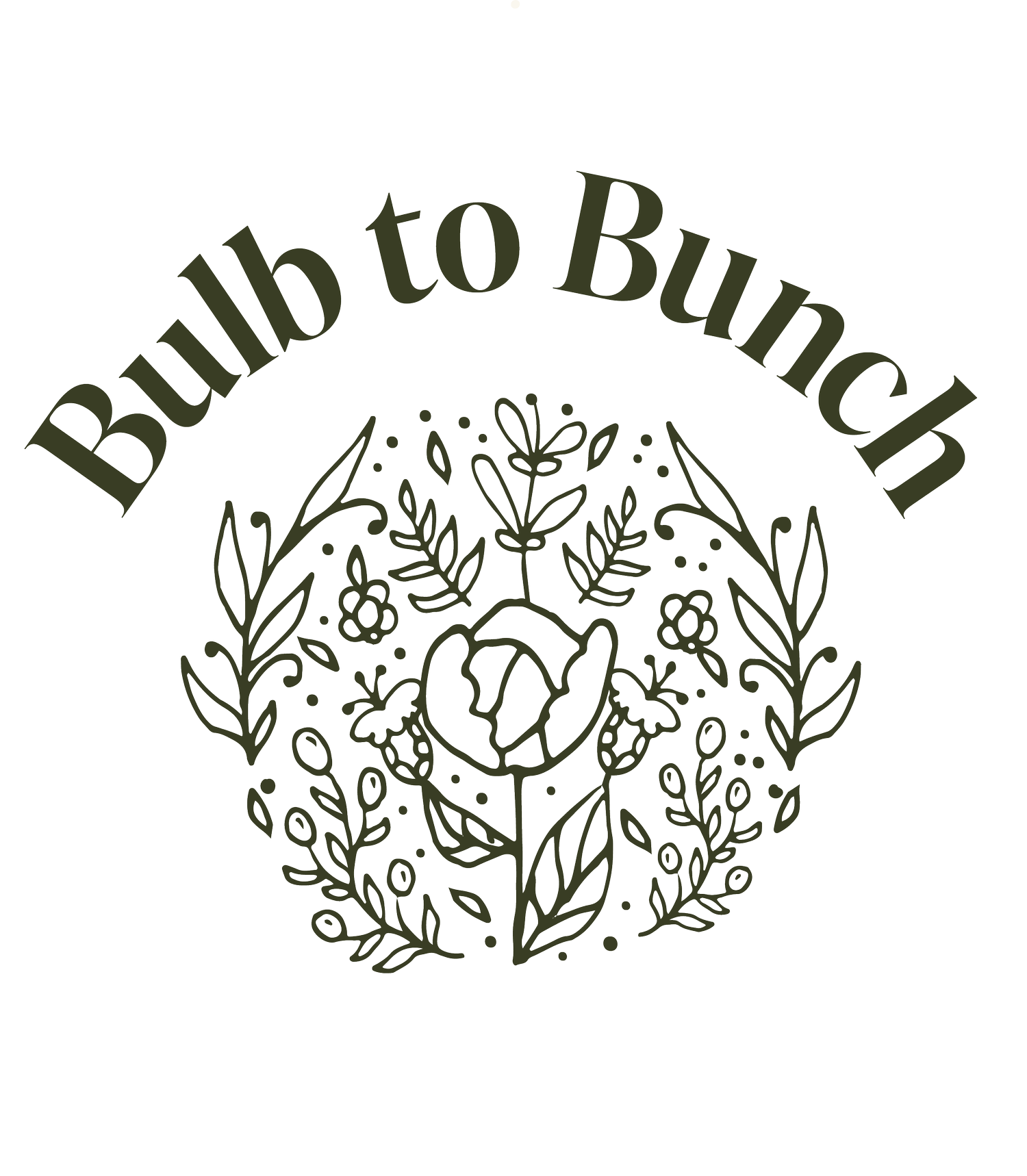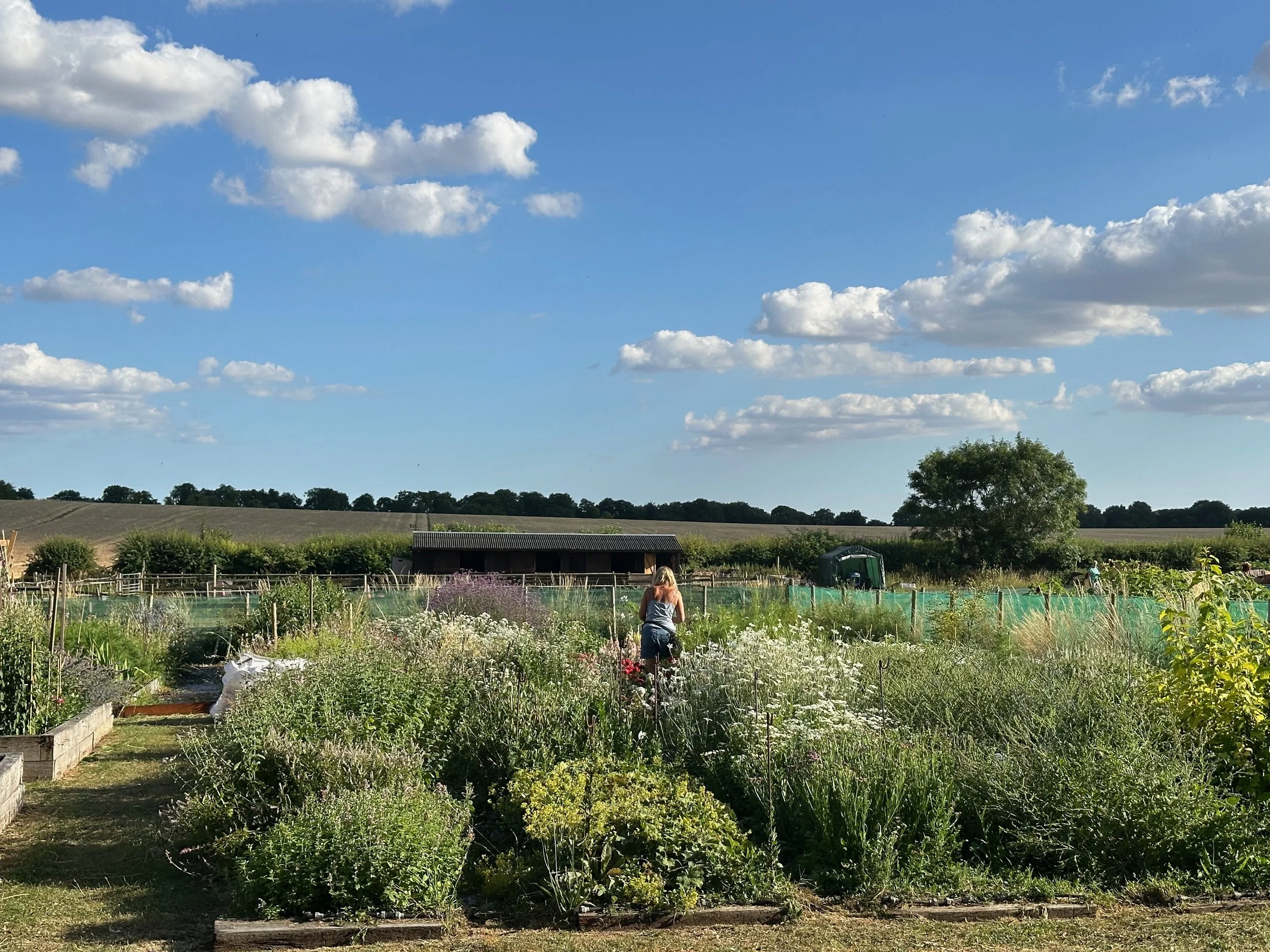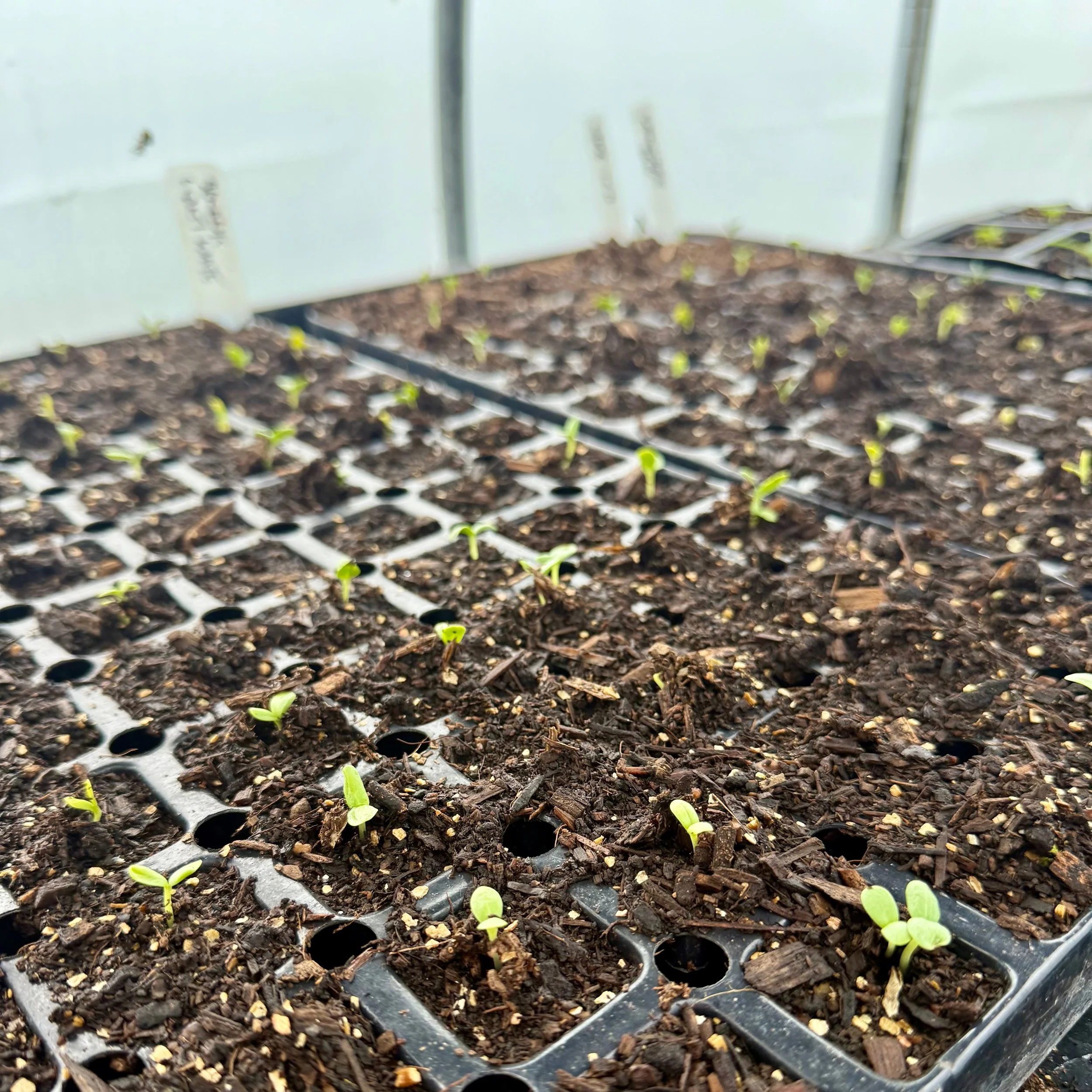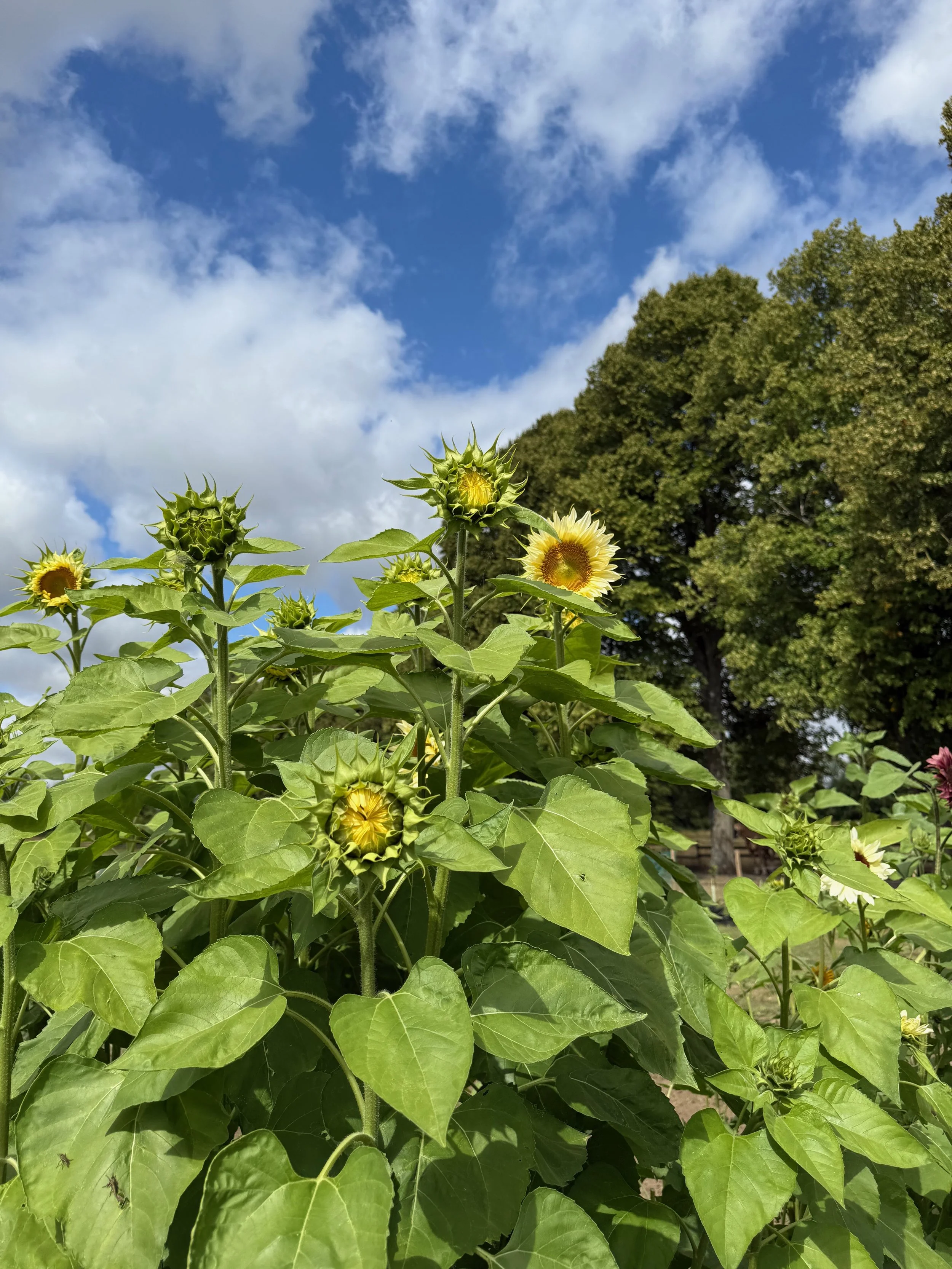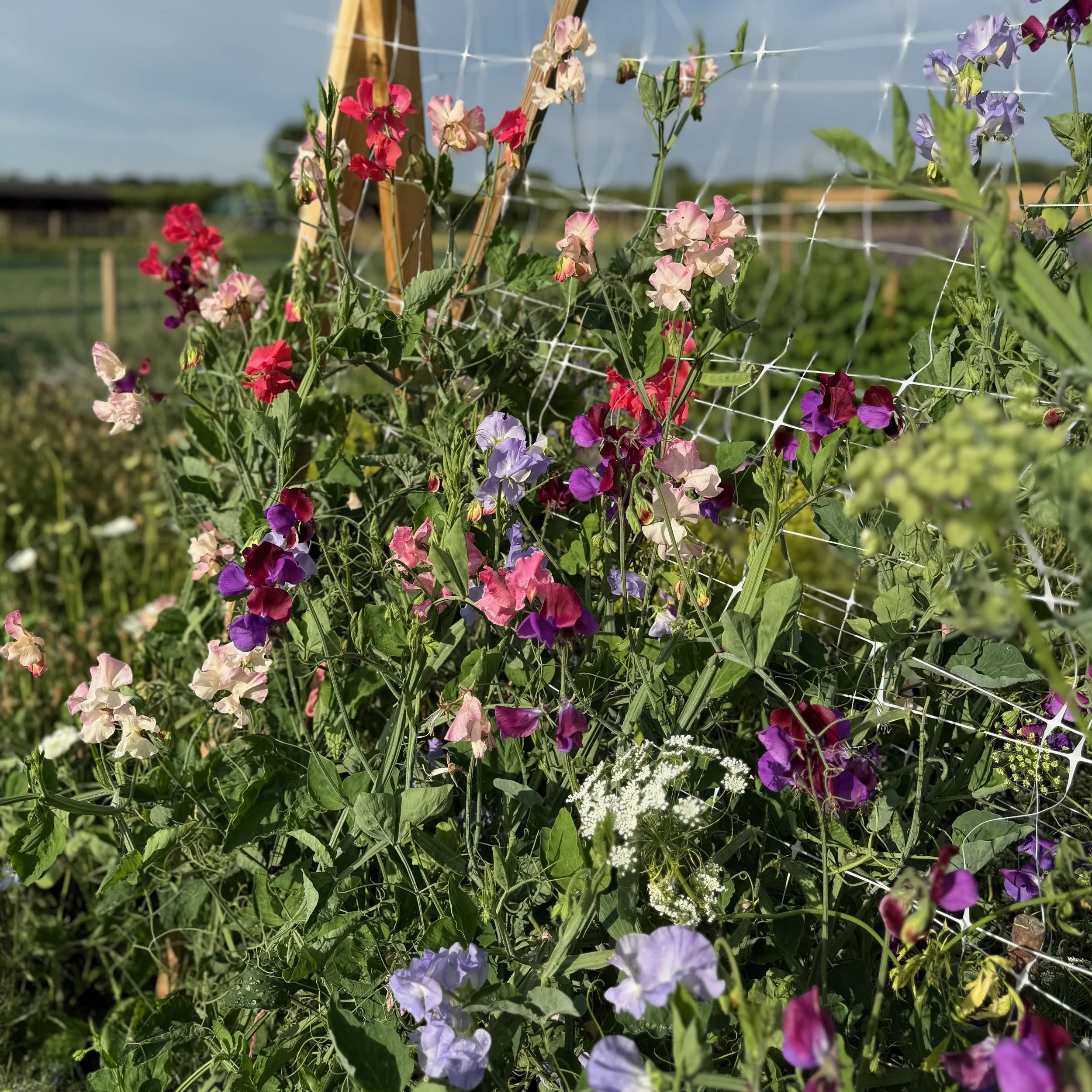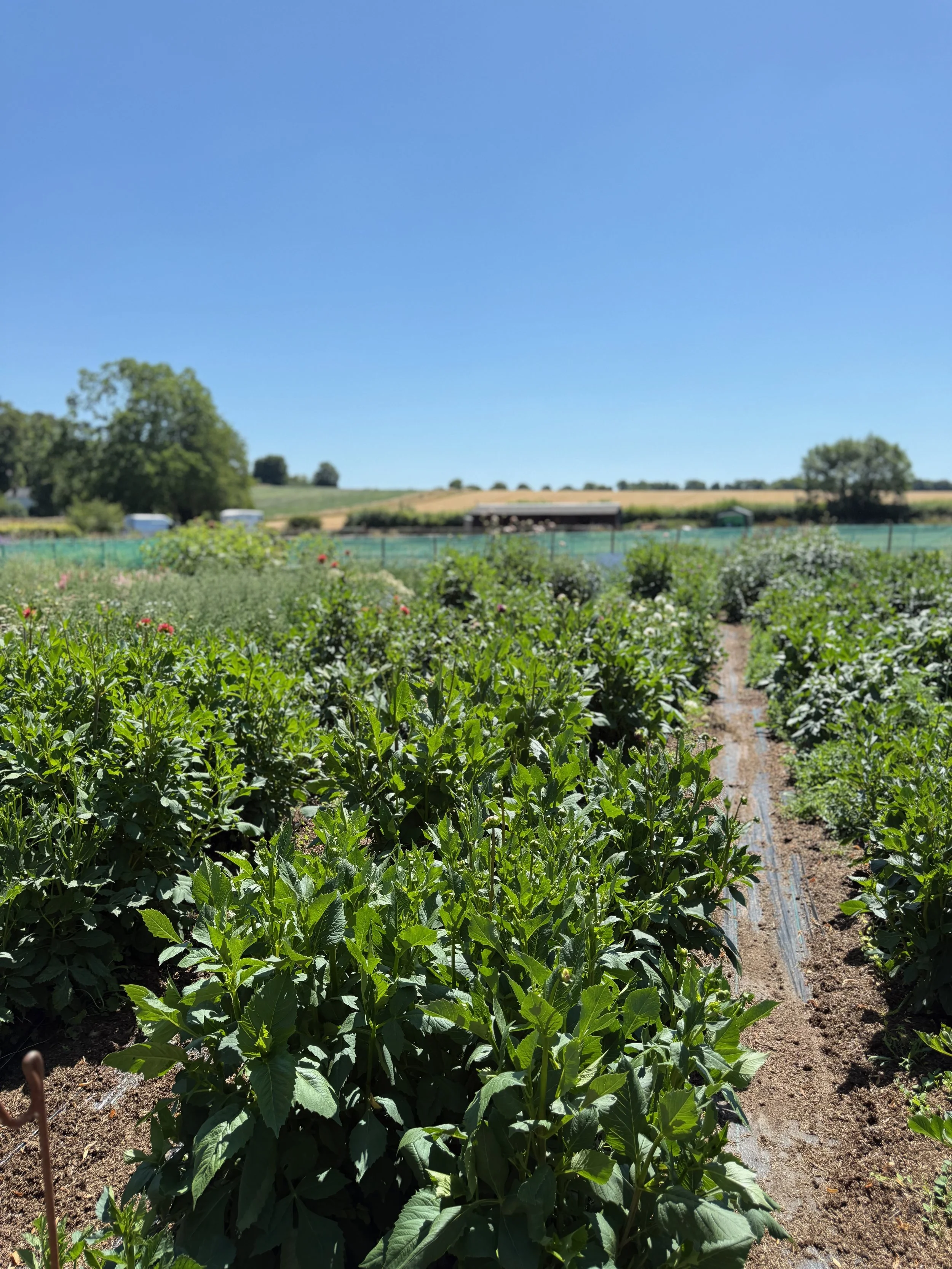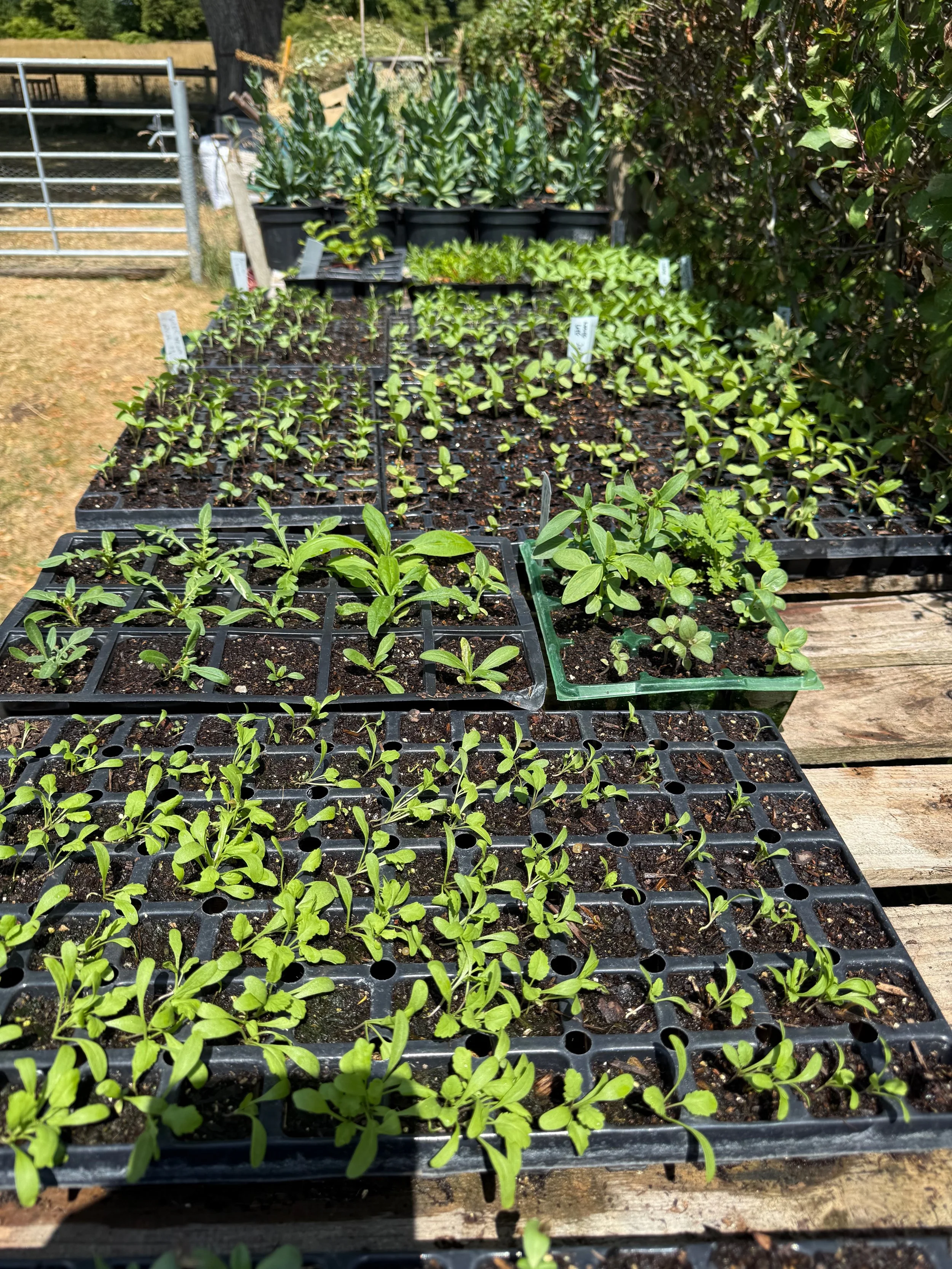Why gardening grows more than plants
Getting your hands in the soil can actually boost your health. Soil contains a natural bacterium that helps lift your mood and ease stress, while the act of gardening lowers cortisol, keeps you active, and connects you to nature. And, while we often think gardening is about what we grow – the flowers or vegetables - I’ve come to realise it’s just as much about the patience, resilience, and joy it builds in us. In fact, I’d recommend a bit of ‘horticultural therapy’ to everyone.
Raised bed to flower farm
My first ever job was in a plant nursery at the age of 12, taking over from my brother when he went to college. At that age, with those wages, gardening certainly wasn’t a passion. And, over the years, while I’ve had gardens of my own, I can’t say I put much effort into them. It was flowers that really drew me in. I’ve always loved them.
Like many people, I thought flowers were expensive to buy and believed I could grow them more cheaply myself (the jury is still out on that!). One raised bed soon expanded to four, then twelve … and before I knew it, I had a half-acre flower farm.
The science behind soil and mood
One of the biggest surprises has been discovering just how good gardening is for my mental health. There’s real science behind it. Soil naturally contains Mycobacterium vaccae, a harmless bacterium shown in studies to stimulate serotonin production in the brain, which can ease anxiety and boost mood in a way similar to antidepressants.
Then there are the physical benefits. Even light gardening — planting, watering, weeding — uses around 200–300 calories an hour, about the same as a short gym workout. Time outdoors also boosts vitamin D, essential for strong bones, healthy muscles, and even improved mood.
Lessons from the garden
But the mental health boost goes beyond science. Gardening demands patience – not my strongest point. Nature sets its own pace, and you can’t rush it. That forces you to slow things down a little.
It also makes failure normal. I’ve lost whole crops to pests, killed seedlings, planted things in the wrong place … the list is endless. But when failure happens so often, you build resilience to pick yourself up, learn, and try again.
And perhaps best of all, gardening teaches you to find joy in simple things: the excitement of a seed germinating, the first flowers of the season, the sight of bees and butterflies busy at work. And, on a small scale at least, those moments cost next to nothing.
Why it matters
You don’t need half an acre to feel the benefits. A pot on a windowsill, a planter on the patio, or a a small bed in a garden are enough. In a world that often feels busy or overwhelming, gardening offers balance. A seedling doesn’t rush, a flower doesn’t stress – they just do their thing in their own time. And being part of that process has turned out to be one of the best therapies I know.
Grounded | A space for slowing down and embracing life’s simple pleasures | Katie Shapland
